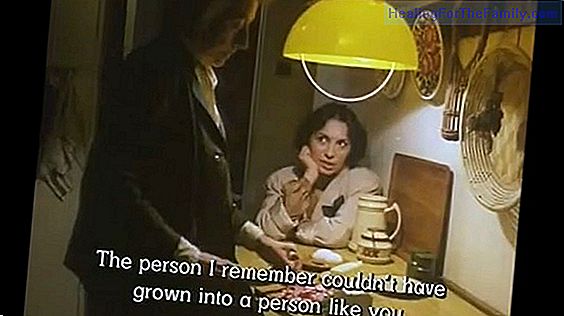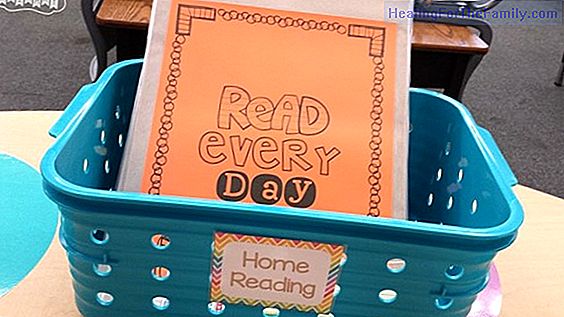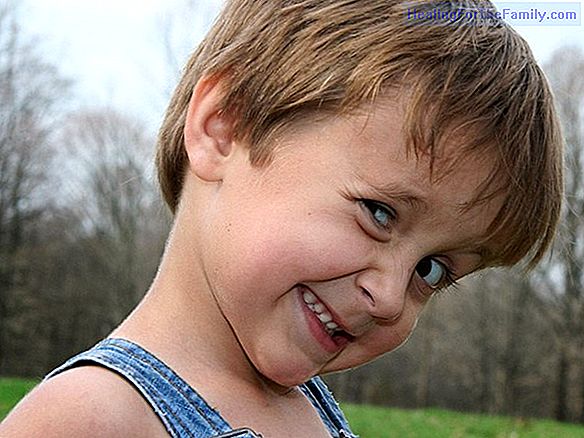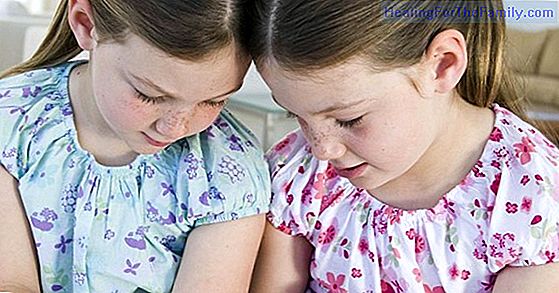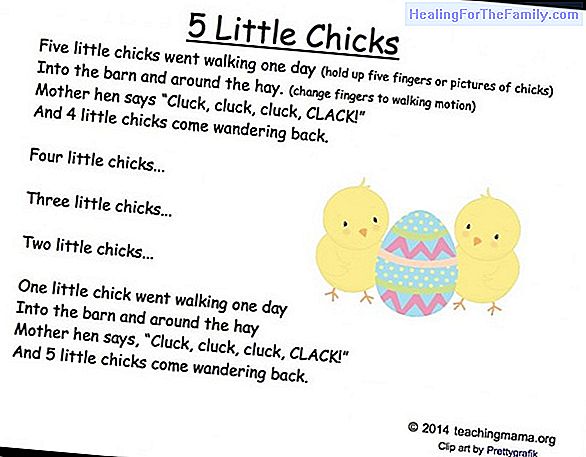Crazy or unloving children
Affectivity is the need that human beings have to establish bonds with other people. Developing a positive affectivity in children will help them to strengthen their self-esteem, to enjoy an adequate emotional balance, to have greater security and to feel protected by their parents. Not all adults s
Affectivity is the need that human beings have to establish bonds with other people. Developing a positive affectivity in children will help them to strengthen their self-esteem, to enjoy an adequate emotional balance, to have greater security and to feel protected by their parents.
Not all adults show affection in the same way. There are adults who show more affection than others, and there are even people who are not affectionate and shun any affective contact with the people around them. Well, like adults, not all children are equally affectionate and each child expresses his love towards others in a different way.
Unloving children
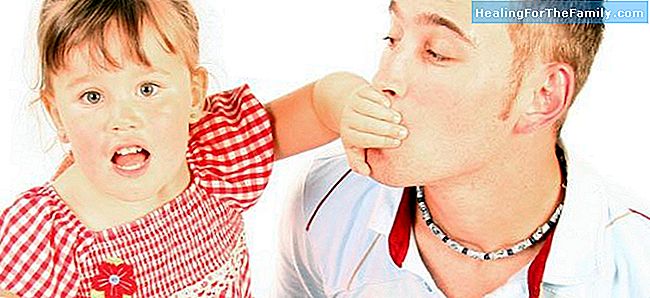
Many times parents and moms complain that their children are rough or not very affectionate but, are those parents and mothers loving their children?
If some parents are not affectionate because they have difficulty expressing affection towards their child (hugs, kisses, gestures and words of affection, etc.), the most probable thing is that the child does not have manifestations of affection towards their parents. Affection is something reciprocal, so if we want our children to be affectionate with us, we need to be affectionate with them.
It is important that parents show signs of affection and love towards their children to help the youngest to develop a healthy affective world, since it is essential if we want them to be happy people and that they have the ability to relate to the people around them. .
Are children born or become affectionate?
The personality of a child is composed of temperament and character. The temperament is inherited and the character is the result of the experiences and learning that the child has!
Temperament is partly responsible for the differences observed in children's behaviors linked to emotionality and excitability. Therefore, not all children when they are born behave in the same way.
However, the character is the result of the influence of education and the social context in which the child grows and develops. Therefore, we can affirm that the character is made, that is, the child acquires certain behaviors based on what he observes in his closest environment (at home). If a child receives affection and affection from his birth, he learns these behaviors and internalizes them.
Diverse studies have affirmed that what the child learns since he is born (character) is more important and has greater influence than what he inherits (temperament). Therefore, we should strive as parents to provide the children with affection and affection so that they can develop an appropriate affectivity.
Should we worry if our child is not loving?
No! We must take care of offering affection and affection to our son and little by little the child will learn the importance of affectivity, and how he should relate to others. The important thing is that parents contribute their grain of sand and join efforts so that the child is an affable and affective person.
Sometimes, what happens is that parents have expectations about how the child should behave that does not correspond to reality. Children are not always as affectionate with us as we would like, nothing happens, we must learn to respect their way of relating and simply take care of providing them with a lot of love and affection.
On the other hand, there are occasions in which children perceive that affection is very important for their parents and that they are upset when they do not show affection towards them. So they use the absence of affective behaviors to tyrannize their parents and thus have their attention guaranteed.
In conclusion, we should not worry if our children have rough or unloving behaviorsHowever, we must take care of giving them all our affection and affection. Each child learns and evolves at a different pace. We should not worry, if we are affective with our child, the child will learn and internalize these behaviors, and then make use of them with the people in their environment.


